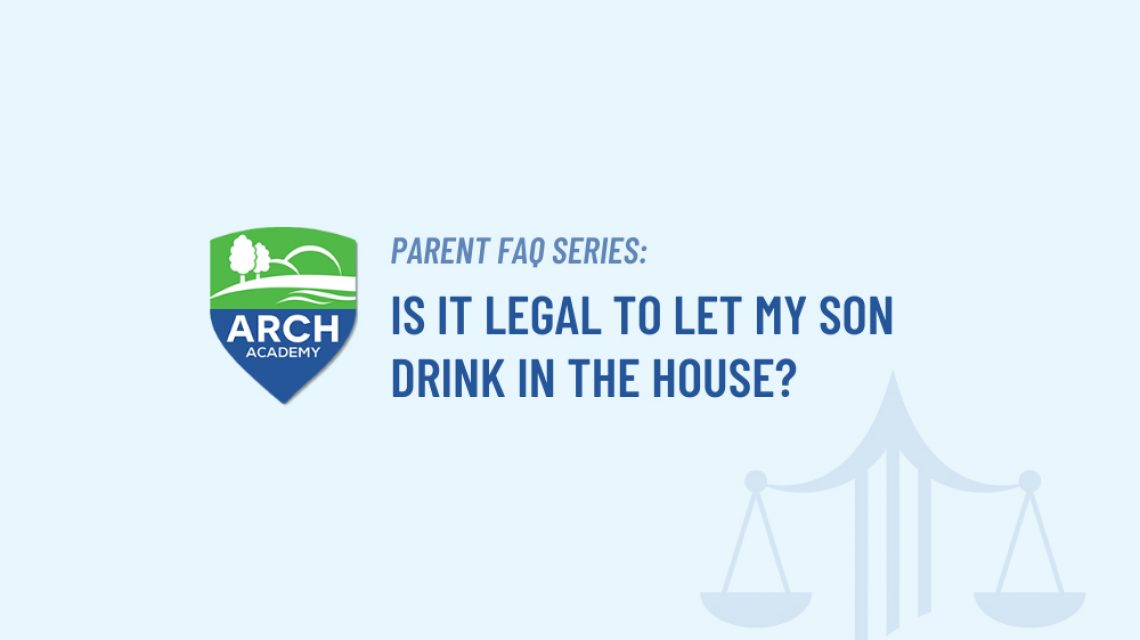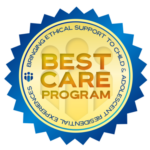Many American adults and teens view alcohol as a rite of passage – a view fueled, in part, by movies that depict high school and college as nonstop opportunities to socialize and have fun without serious consequences. However, underaged drinking is dangerous, even with adult supervision, and can lead adolescents to make irresponsible decisions that may adversely affect the rest of their lives.
Underaged Drinking Laws in Tennessee – What Parents Should Know
While most states have legal loopholes allowing minors to drink alcohol at home under adult supervision, Tennessee has some of the nation’s strictest underaged drinking laws. In the Volunteer State, the only legally permissible situations in which people under age 21 can possess or consume alcohol are:
- A person 18 or older can transport or sell alcohol as part of their job.
- A religious officiant may administer alcohol to youth as part of a ceremony in accordance with the traditions of their faith.
In any other circumstances or setting, an underaged person cannot legally drink alcohol in Tennessee, regardless of whether a parent or guardian provides it and supervises them. Adults can face severe criminal charges for giving a minor alcohol, even if it is their child and they are in their home. Possible penalties include a Class A misdemeanor conviction, jail time and/or probation, fines of up to $2,500 and a suspended driver’s license.
Underaged Drinking: Myths vs. Facts
Even if they are aware of the consequences, some Tennessee parents may still offer their children alcohol because they’re unaware of the risks of underaged drinking. Here are some myths you may believe, along with the realities about what could happen when adults offer alcohol to young adults.
Myth: “If my kids are going to experiment with alcohol anyway, I’d rather they try it at home where I can keep an eye on them.”
Fact: Even under controlled conditions, underaged drinking can still get out of hand quickly. There have been many instances of young adults getting alcohol poisoning at “supervised” house parties. Property damage, injuries and aggressive behavior can be other unintended consequences of allowing minors with poor impulse control to drink in your home.
Myth: “I can teach my children to drink responsibly by letting them have alcohol under my supervision.”
Fact: There is no way to “teach” anyone to use alcohol or drugs responsibly. Adolescent alcohol use is one of the strongest predictors of teen violence, academic problems, truancy, unprotected sexual activity, sexual assault and other illicit drug use. Teens who drink are also at a higher risk for developing mental and behavioral health problems like depression and substance abuse as adults, especially if those issues run in your family.
Myth: “If I’m too strict about underaged drinking, it’ll make my child more likely to rebel at the first opportunity.”
Fact: If you are too lenient about alcohol, you may send the implied message that drinking isn’t dangerous. Your son could then go on to experiment with other substances, thus increasing the risk of adolescent addiction. Set consistent rules around alcohol use, and model them yourself.
Learn More About Teen Substance Abuse and Recovery
Underaged drinking can pave the way to many problems down the road, even if you think you are being careful and responsible when offering alcohol to your child. Educating yourself about the realities of teen addiction is the first step toward healing your son and your family.
At ARCH Academy, we have been helping teens and families affected by drugs and alcohol for 35 years. To request more information, reach out to us today.




